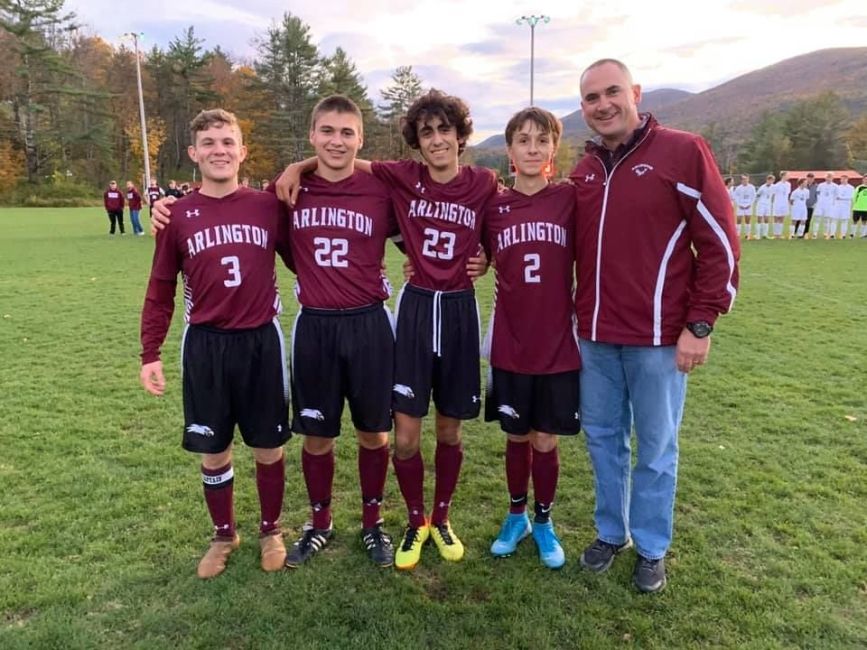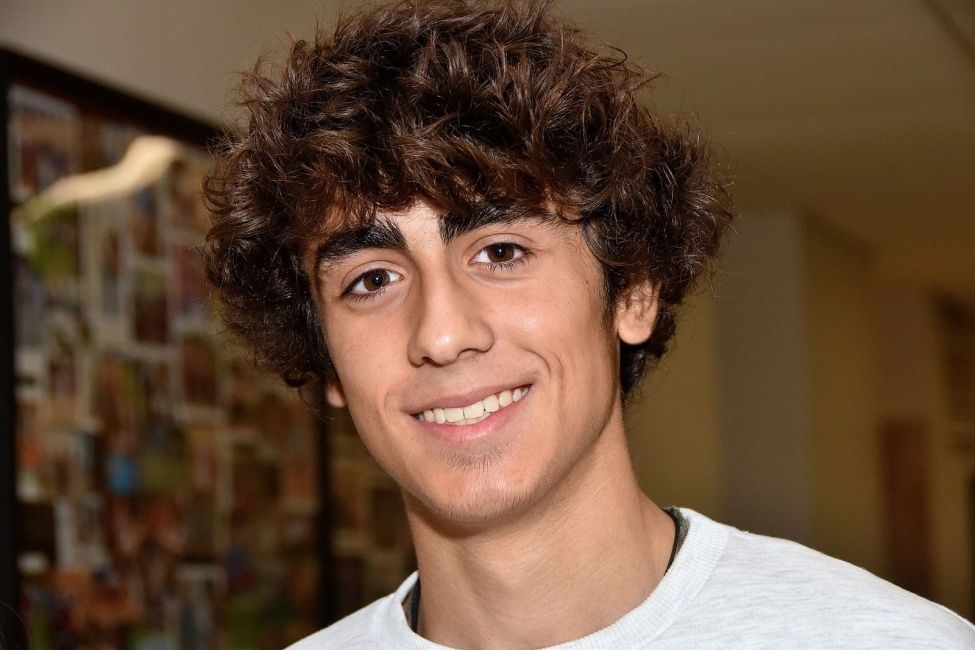Settling in
We have just passed the 9 week mark with Alberto, our 5th exchange student. He’s settled in and other than the fact that he is perpetually late for everything (we are working on it), things are going pretty good. With the exception of Diego, who we only had one week to get ready for, we had the least contact prior to arrival with Alberto.
I like to start the process of getting to know our exchange student before they arrive. I reach out to the student and their family by email. I like to tell them a little more about our family, community and school than what's included in the information they receive from CIEE. When I can, I like to put them in touch with some of the kids they will be in school with; ones with similar interests – sports, movies, video games. By the time the student arrives, they have already made connections.
Once they are here, I ask a lot of questions about their family and friends back home. Some kids want to concentrate on their life here and not talk much about their friend and family back home and that is perfectly okay. Each kid that we have hosted had their own time frame for opening up. For some it was instant, for others it took months for them to feel comfortable and start sharing. They all get there. Some of our students have jumped right in full-force; others eased their way into life here.
Our kids from Spain and Italy were open affectionate/friendly and needed to be reminded that a lot of Americans like their personal space, so hugging and/or kissing on the check, while perfectly normal back home, could make people uncomfortable or could be misinterpreted here.
A challenge with a couple of our students has been adjusting to “country life”. We live in a rural area. Shopping, movies, and bowling are a 30 minute drive. If you want to go to a mall, that’s an hour plus. There is very little in the way of public transportation. Getting them involved and keeping them involved in extracurricular activities – sports, school play, and band – has played a huge roll in keeping them engaged and busy. I have learned that in most of Europe you don’t get your license until your 18, so hoping into a friend’s car after school for a ride home to go practice is a new experience for them.
Our kids have usually been very good about keeping curfew, letting us know where they are and who they’re with. On the rare occasions that they missed curfew or haven’t kept us informed, I explain to them why it is important that we know where they are and who they are with. They get one warning, and the next time it happens they get grounded for a couple of days. That has been enough to help them remember.
For the most part we have been very lucky. We haven’t had any significant problems with any of the placements in our home. Anything that has come up has been typical teen stuff and we’ve dealt with it the same way we would have if it had been our biological kids. We have the same expectations for both!


